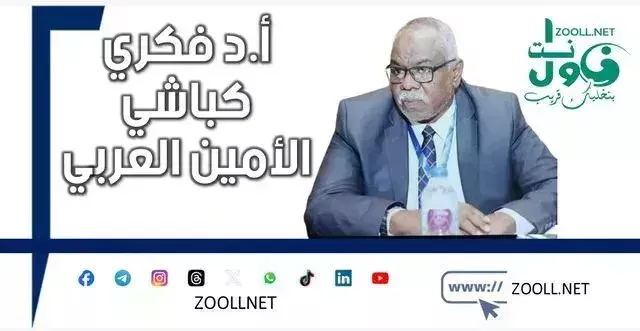Applying the rules of behavioral economics in Sudan ✍️ Professor: Fikri Kabashi Al-Amin

The behavioral economics school is today considered one of the most influential modern economic schools in the field of economics and public policy making. It combines psychology and economics to understand the behaviors of individuals when making economic and other decisions by conducting behavioral and scientific experiments, or so-called randomized controlled trials, and understanding their results is obtained before disseminating and proposing public policy by the government. Thus, behavioral economics differs from traditional economics, which assumes that individuals are rational and that their decisions can be predicted, while behavioral. studies show that individuals are originally rushed and fall into many cognitive and emotional biases when making decisions, leading them to make many mistakes that can harm them economically. others have shown that individuals tend to choose the automatic or default option without going into understanding the details of the other options.
These concepts allow this material to be harnessed in a positive way to encourage people to make decisions that are in their long-term interest. Several small changes can also be used to increase individuals' interaction with public policies and programs in the short term.
Many government and private units have been created to undertake the task of designing and influencing public policies using the principles of behavioral economics, and many international reports, such as the report of the Organization for Economic Co-operation and Development (OECD) and the European Commission, have observed a remarkable development in many areas in the use of behavioral policies to improve the lives of citizens.
Interest in this trend began after the impressive results obtained after the British government adopted this approach, since the British government was able, thanks to the creation of a specialized behavioral analysis unit – Nudge Unit, to work with government agencies to work on amendments to public policies. and programs that take into account psychological and social dimensions and try to use them in a way that improves citizens' choices and increases their well-being. In 2015, US President Barack Obama created a team of behavioral and social experts for this purpose. issued instructions to adopt this approach for all government agencies. Many countries have followed the British and American experiences, where more than 55 units have been created so far worldwide to benefit from this science in the design of public policies and programs.
In conclusion, this success achieved through behavioral economics in many fields is supported by empirical evidence that cannot be overlooked, showing the importance of using this approach to achieve the goals of decision makers in governments around the world….
I believe that we in Sudan need more than other countries to form a behavioral economics unit, especially after many questions have been raised about the secrecy and the reasons that led to the provision of transport vehicles… after the increase in the price of gasoline, as well as the inability to monitor the evolution of consumer behaviors after the increase in the prices of electricity, bread, gas… etc.





